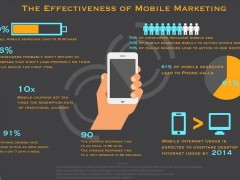Cookies have long been at the center of software developer’s diets (that’s data cookies). In order to gauge the appetite of the public, developers track user’s digital behaviors. Cookies have been the default bit of tracking code inserted programs of all sorts, in order to read the digital footprint of a consumer.
While this has been wonderful for the marketer and business person, many consumers have found the “tracking from the shadows” to be an intrusion into their private lives. As technology continues to evolve, we’ve seen how cookies have been used.
Two new shifts present another set of changes for the evolving diet of consumer information:
- Mobile devices offer a limited use of data tracking. The major problem with mobile cookies that they are not universal. They cannot be applied everywhere.
- Upgrades in the next iOS operating system will allow consumers to block cookies. Adblocking is coming to the iPhone with iOS 9. Consumers will be able to block advertisements from hitting some of the major web pages. What this means to advertisers and the finances of the digital ecosystem still remains to be determined.
Although the function and face of cookies continue to shift, the end purpose of tracking consumer behavior will never end. As we see these two trends take hold, new courses of consumer tracking are sure to evolve.
If you are interested in defining your mobile dreams, contact Colure’s Project Managers to describe your project.




Leave a Reply